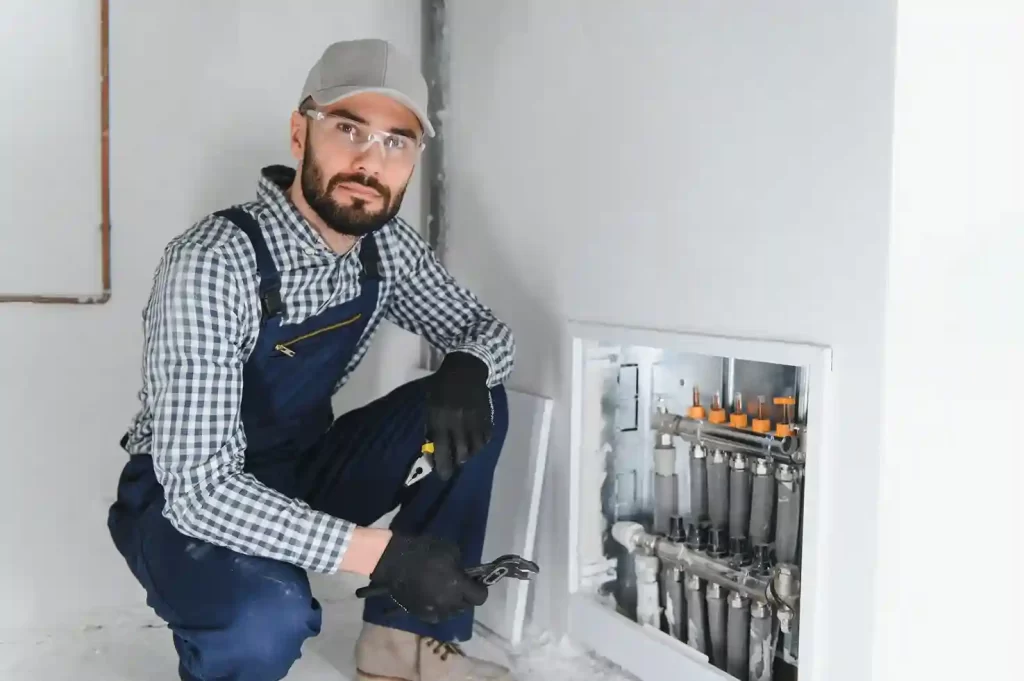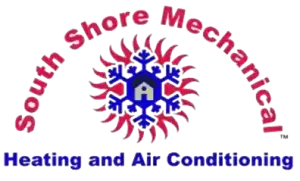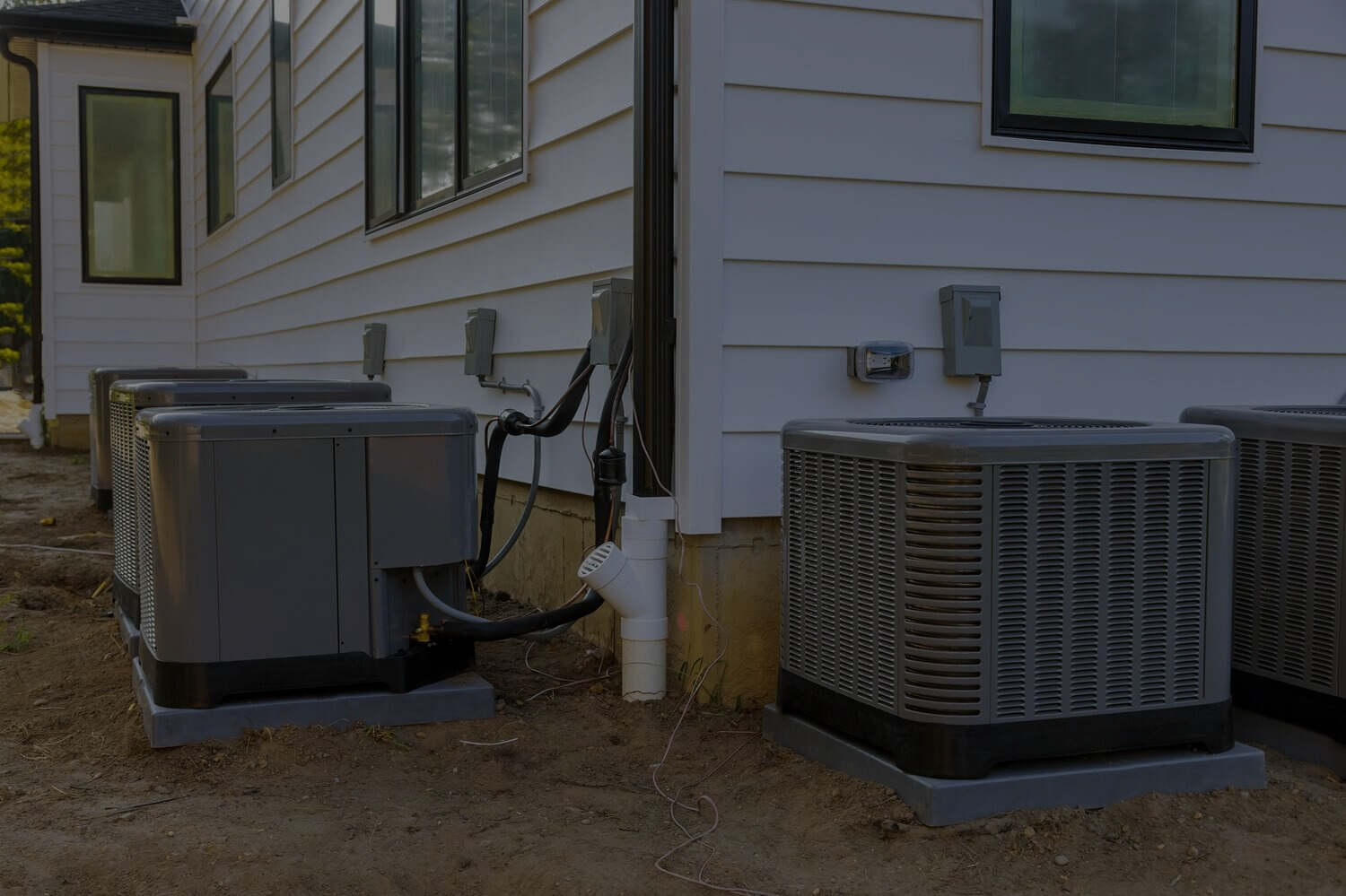
-
support
-
Blog
-
0 Comments
-
January 21, 2025
Choosing the Right Heating System for Massachusetts Homes: Key Considerations
A dependable Massachusetts heating system becomes more than just a comfort when winter’s chill covers the state’s landscapes. Ensuring comfortable, energy-efficient warmth during the winter months depends a lot on choosing the appropriate heating system.
In this article, we’ll go over the important factors and alternatives available, with an emphasis on gas furnaces and other heating system options that are appropriate for houses in this region.
What Is a Normal Furnace Sound?
Knowing what sounds are common for a furnace will help homeowners spot a serious problem and save unnecessary stress.
Gentle Airflow and Minor Blower Noise
As your furnace runs, you will often hear a gentle whoosh of air. This sound suggests that your heating system is running without problems and that the blower is efficiently moving heat.
Occasional Clicking Sounds During Startup
Mild clicking is pretty normal as the furnace turns on or off. Usually arising from the ignition or the relays regulating the system, this sound marks the beginning or finish of a heating cycle.
11 Types of Furnace Noises and How to Fix Them
Different noises might indicate a variety of difficulties with your furnace, ranging from small adjustments to urgent repairs.
Squealing or Screeching Sounds
These noises might be caused by a loose or worn belt or by a faulty blower motor. Tightening or replacing the belt can usually fix the problem.
Whistling or Whining Noises
A whistling noise generally indicates airflow constraints. To eliminate these noises, check for and clean any obstructions in the filters and air intakes.
Hissing Sounds
Hissing might indicate a gas leak, which is harmful. If you suspect a leak, shut off your furnace immediately and contact a professional.
Low-Pitched Furnace Noises
Banging or Booming Noises
Banging noises are frequently heard when there is a delay in ignition. Accumulated gas ignites all at once, resulting in this sound. Cleaning the burner assembly typically works.
Rattling Noises
When air rushes through loose panels or ducts, it can cause them to rattle. Securing the panels or tightening the fittings typically stops the rattling.
Thumping or Knocking Sounds
Thumping might be attributed to an uneven blower wheel. A specialist can modify the wheel to reduce noise.
Grinding or Scraping Noises
These noises often imply a malfunctioning blower wheel. Turn off your furnace and get a specialist to examine it.
Popping Noises
Popping can happen when sections of your heating system expand and compress in response to temperature fluctuations in the ductwork. This is normally normal, but frequent or loud popping may necessitate ducting changes.
Buzzing or Humming Noises
These sounds frequently indicate electrical concerns. Inspect the capacitor or contactor and replace it if necessary.
Chirping Noises
Chirping is usual when a furnace turns on for the season. If it persists, it may require small adjustments or lubrication.
Roaring or Rushing Noises
A roar or rush of air may indicate an excessive airflow or a gas leak, both of which require expert assistance.
When To Be Concerned with Furnace Noises and Call Professional Repairs

If furnace noises change abruptly or become considerably louder, it’s time to call the professionals. Unusual noises frequently pose major crises.
Timely furnace repair service can prevent small issues from turning into costly breakdowns. Don’t wait—ensure your home’s comfort and safety today!
Prevent Future Furnace Noises with Regular Maintenance
Regular upkeep is the key to a quiet, efficient furnace that will endure through many Massachusetts winters.
- Regular Filter Changes: Change your heating system’s filters every few months to keep it clean and efficient.
- Annual Professional Inspection: Have a professional evaluate and service your Massachusetts heating system once a year to avoid unexpected breakdowns.
- Lubricate Moving Parts: Reducing friction may save wear and tear, increasing the life of your furnace.
FAQS about Furnace Loud Noises and Sounds
- Can a furnace explode if it’s making loud noises?
While rare, it is conceivable if gas accumulates owing to an ignition failure. Always investigate big booms and booming sounds.
- Is a rattling furnace dangerous?
It may be if it suggests loose components or a structural problem. Check and fasten any loose components
- Can loud furnace noises increase my energy bills?
Yes, because they frequently indicate inefficiencies in your heating system, prompting it to work more.
- Why does my furnace make a high-pitched noise that gets louder over time?
This might be due to a belt issue or a motor failure, which should be investigated.
- Can ductwork cause loud noises even if the furnace is functioning properly?
Yes, improperly fastened ducts may produce loud noises when they expand and compress.
Final Thoughts on Heating Your Home
As the frost settles over Massachusetts, it is vital that your house is outfitted with an efficient and dependable Massachusetts heating system. From gas furnaces to sophisticated hybrid systems, the best option will depend on your distinct requirements and the size of your property. Remember that regular inspections and maintenance can effectively and affordably combat the winter chill.
South Shore Mechanical can help you choose and maintain the right heating system for your Massachusetts home. We understand the local climate and can supply customized solutions to ensure your comfort year-round. Call South Shore Mechanical now to schedule a consultation to get your house ready for the Massachusetts winter. Allow us to help you keep warm and safe.

